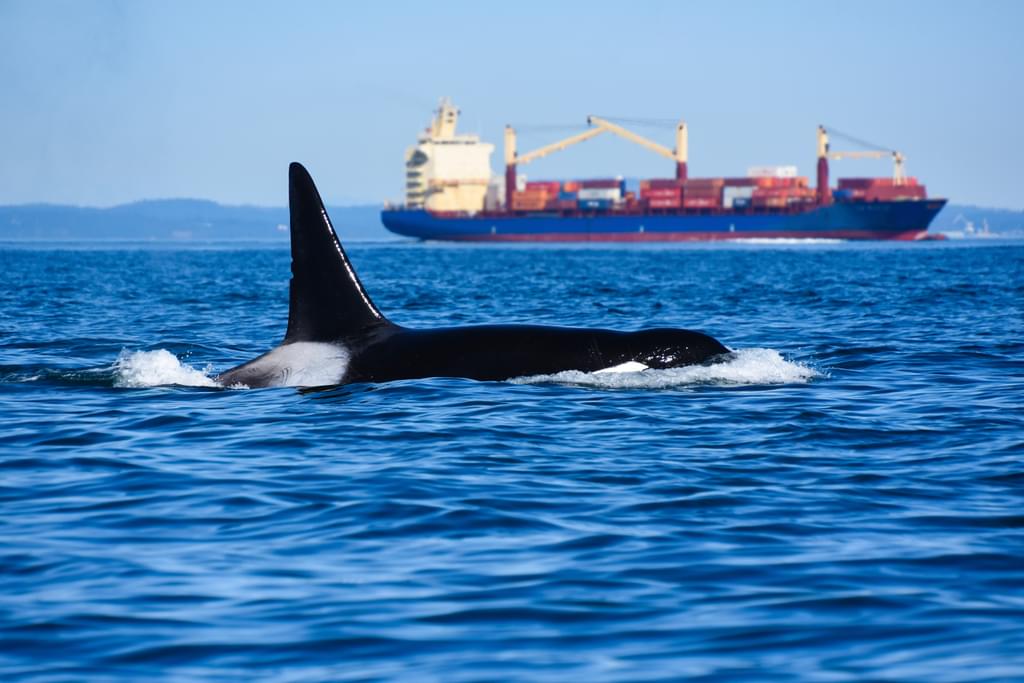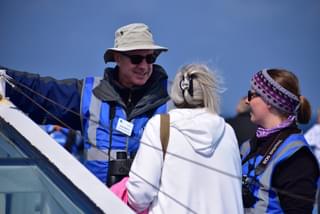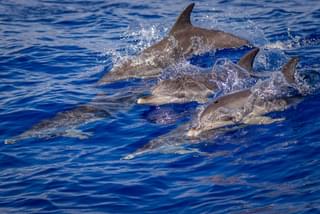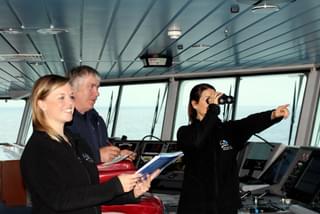Saving Large Whales From Vessel Strike

Saving whales from being hit by vessels
The world’s oceans are busy places but not just for marine life. Right now, there are 50,000 ships circumnavigating the earth and maritime trade volumes are set to triple by 2050.
With such an increase in traffic, the growing likelihood of collisions between cetaceans and vessels, known as vessel strike, is a major conservation concern. Shipping lanes overlap with cetacean migration routes, feeding areas and breeding grounds, putting many species constantly at risk. New technologies and market demands mean that vessels are being built to be bigger and faster, which also makes the problem more acute.
.jpg?w=600&h=400&q=85&auto=format&fit=crop&dm=1683137458&s=bac00638a9e9c381eb29c17476c41ed2)
Vessel strikes often go unnoticed and unreported, and the true numbers are almost certainly underestimated.
Understanding the vessel strike threat and finding ways to prevent it is one of ORCA’s key objectives.
Through our relationships across the shipping sector and with our work now spanning the globe, ORCA is in a unique position to help raise awareness of the issue, and also mitigate the impacts of shipping activity on cetaceans.
We undertake training for all seafarers on cruise liners and commercial shipping vessels around vessel strike threat, whilst also working at a corporate level to make the longer-term systemic changes. Our teams of Marine Mammal Surveyors and Ocean Conservationists stationed on board vessels are also in a unique position to conduct vital research into vessel strike threat and can offer real time advice to seafarers.
Encouraging responsible vessel practices such as speed restrictions, raising awareness amongst seafarers around avoidance measures and understanding the distribution of cetaceans are three key components to reducing the risk of vessel strikes, and this is where ORCA focusses its work.
You may also be interested in



